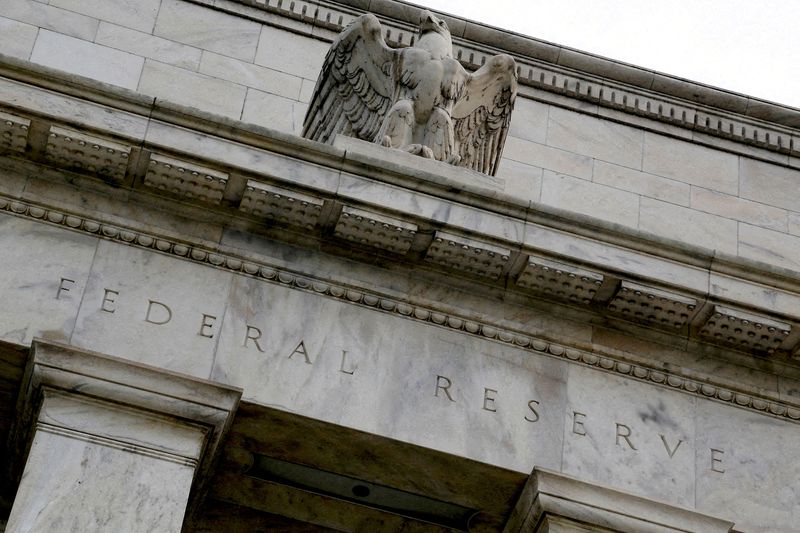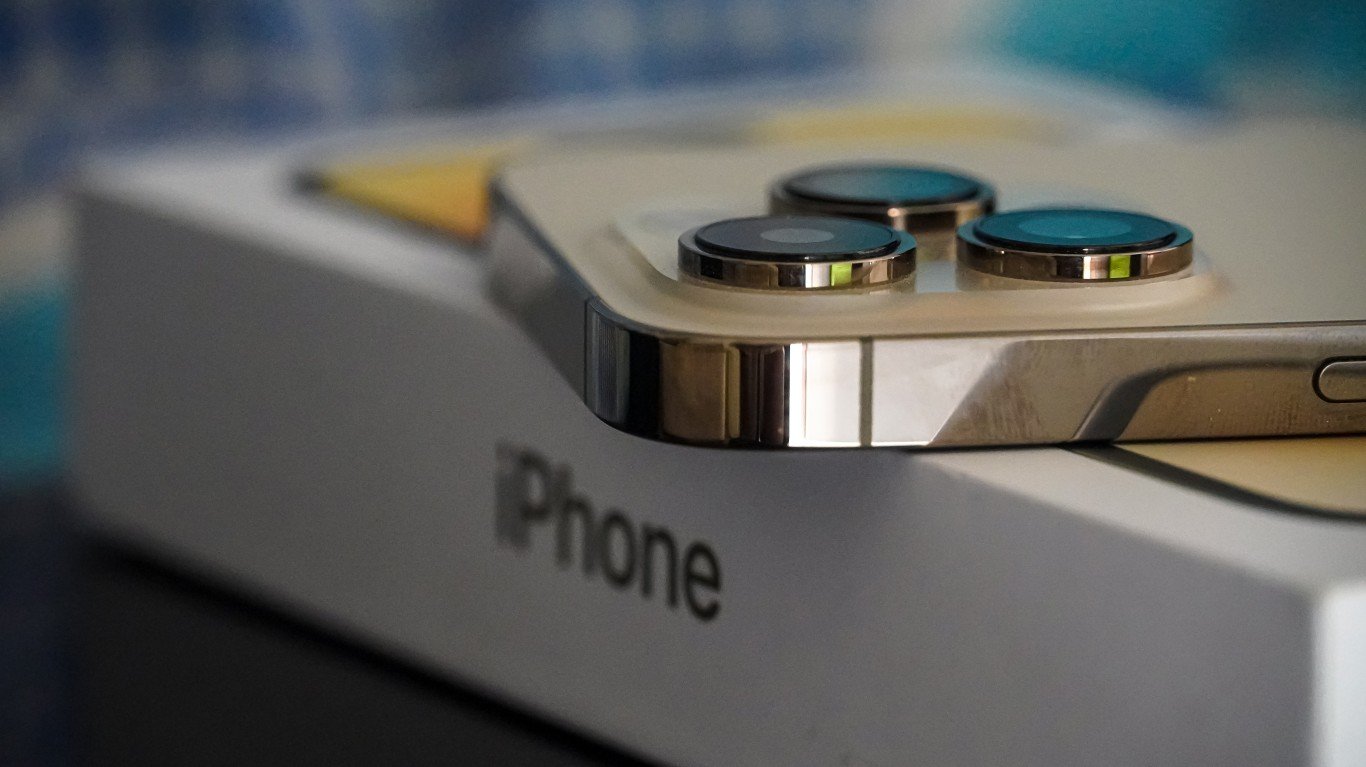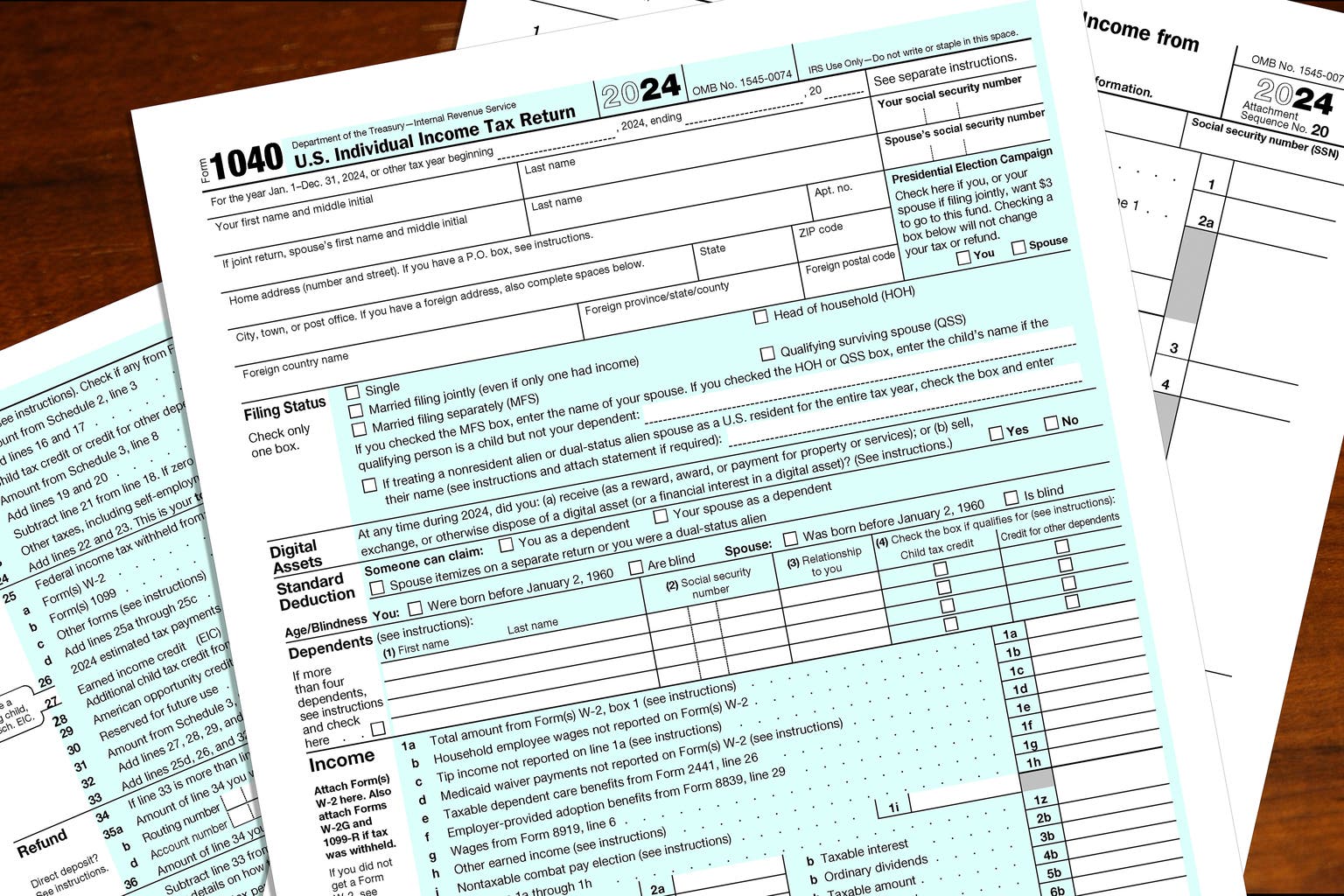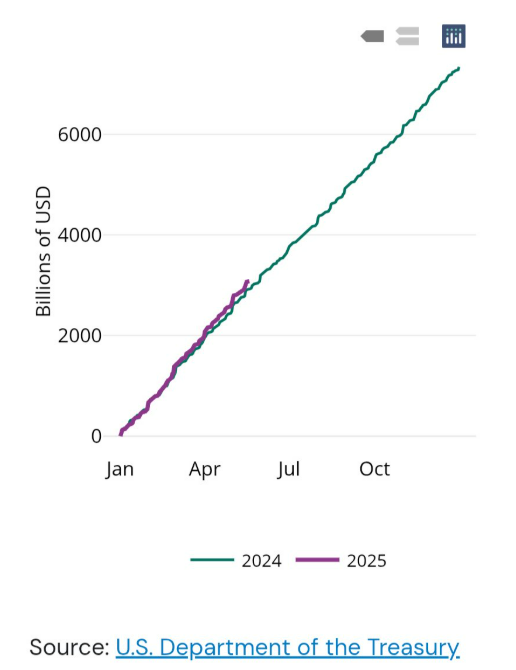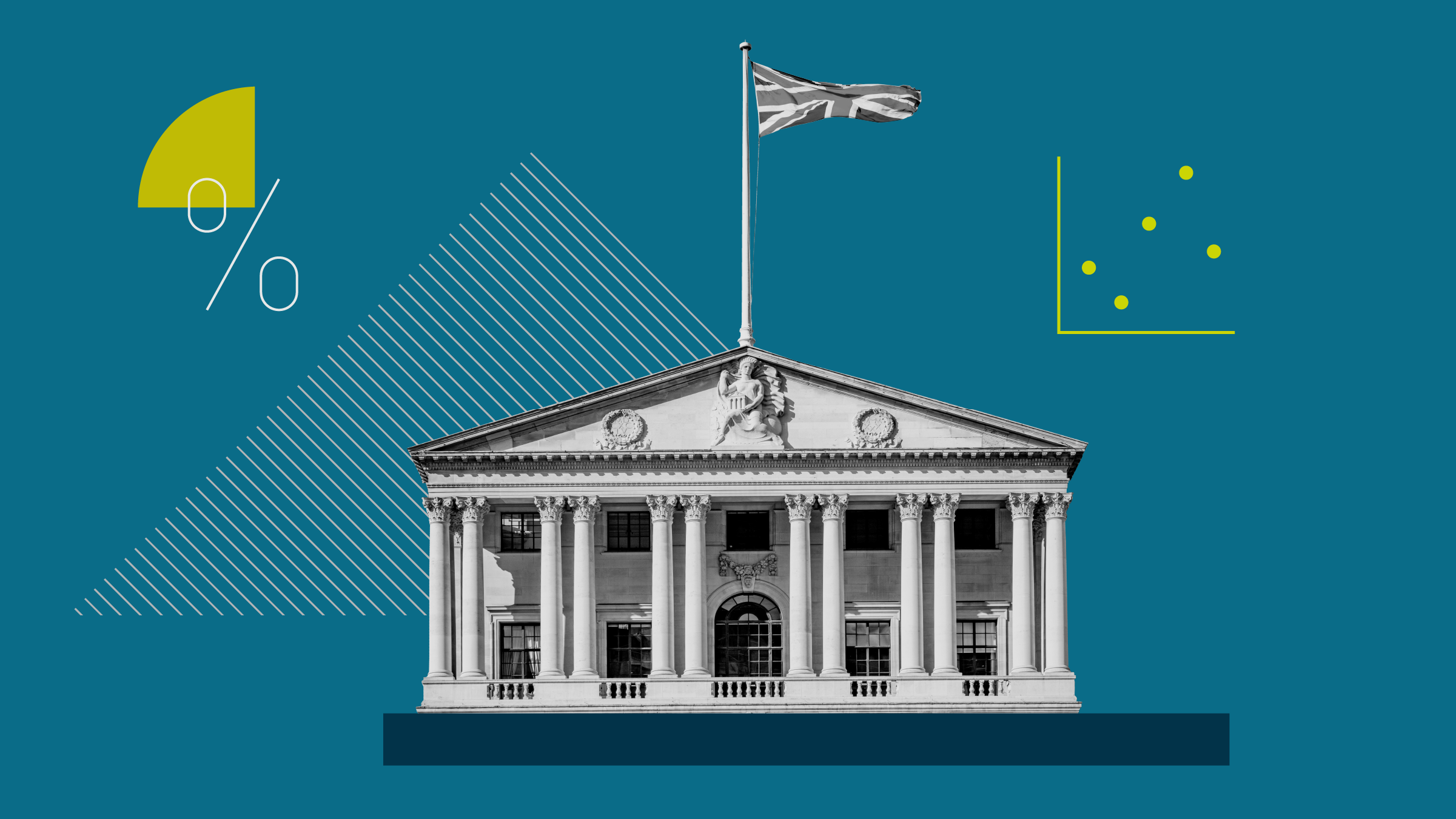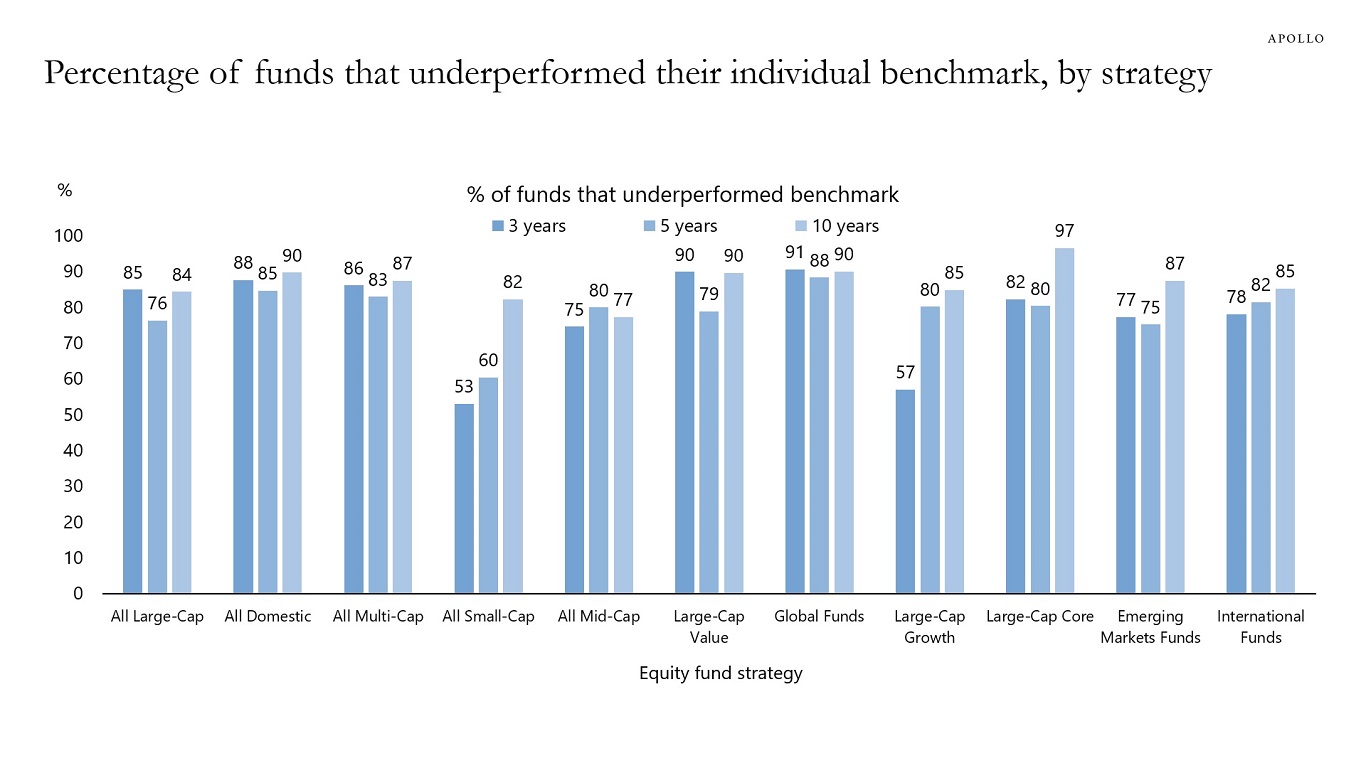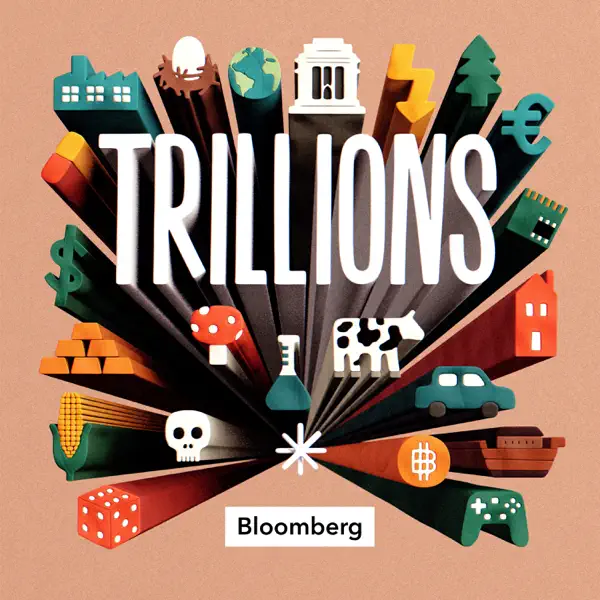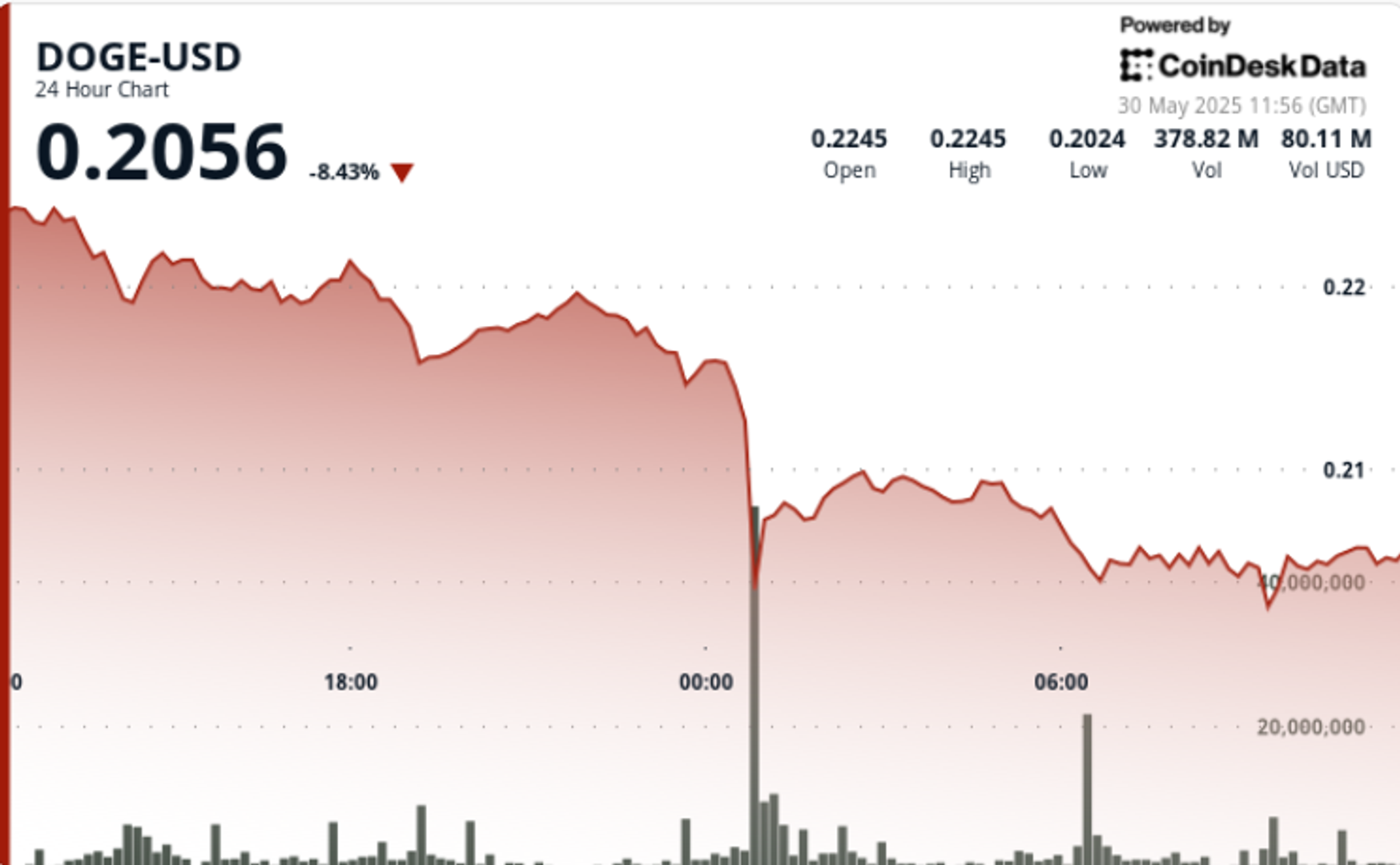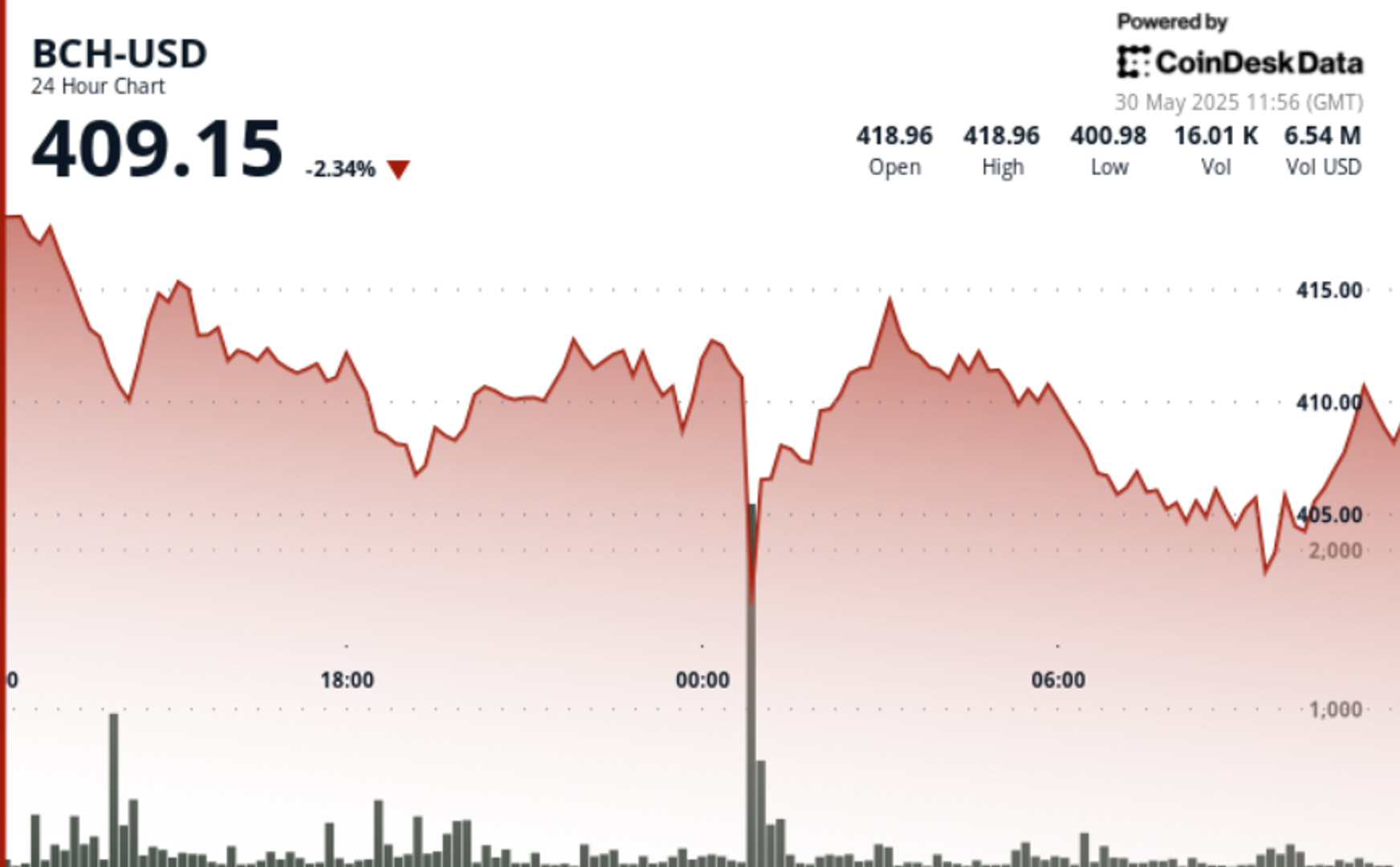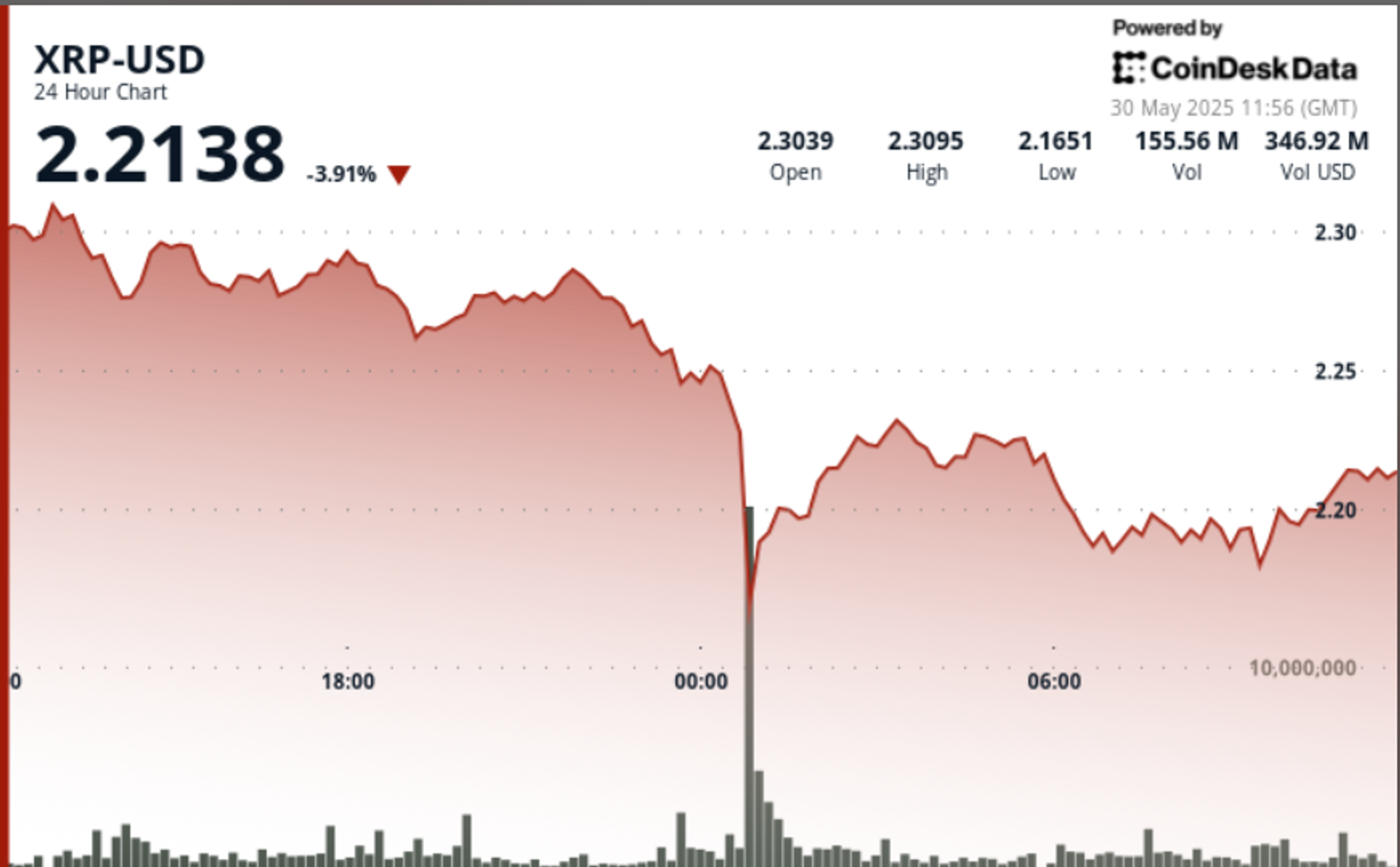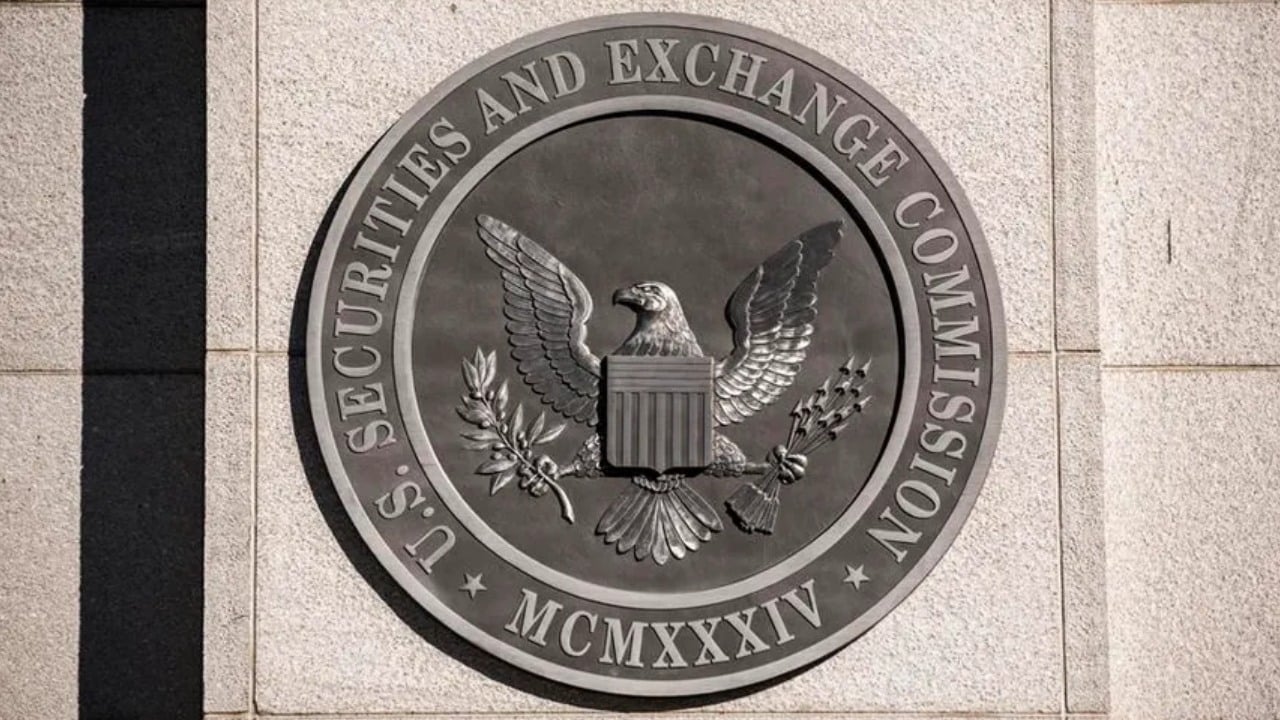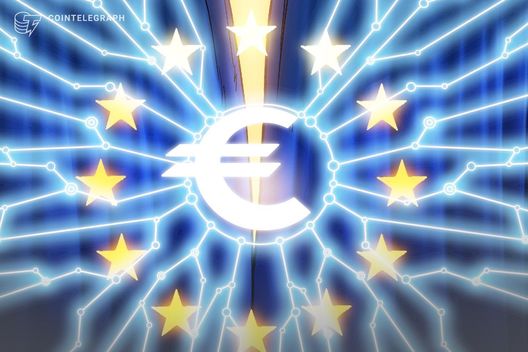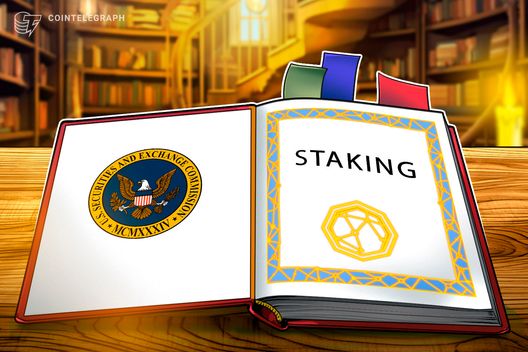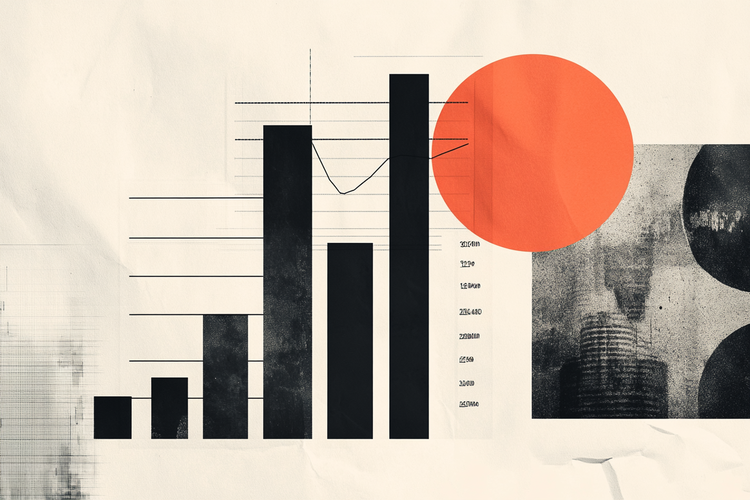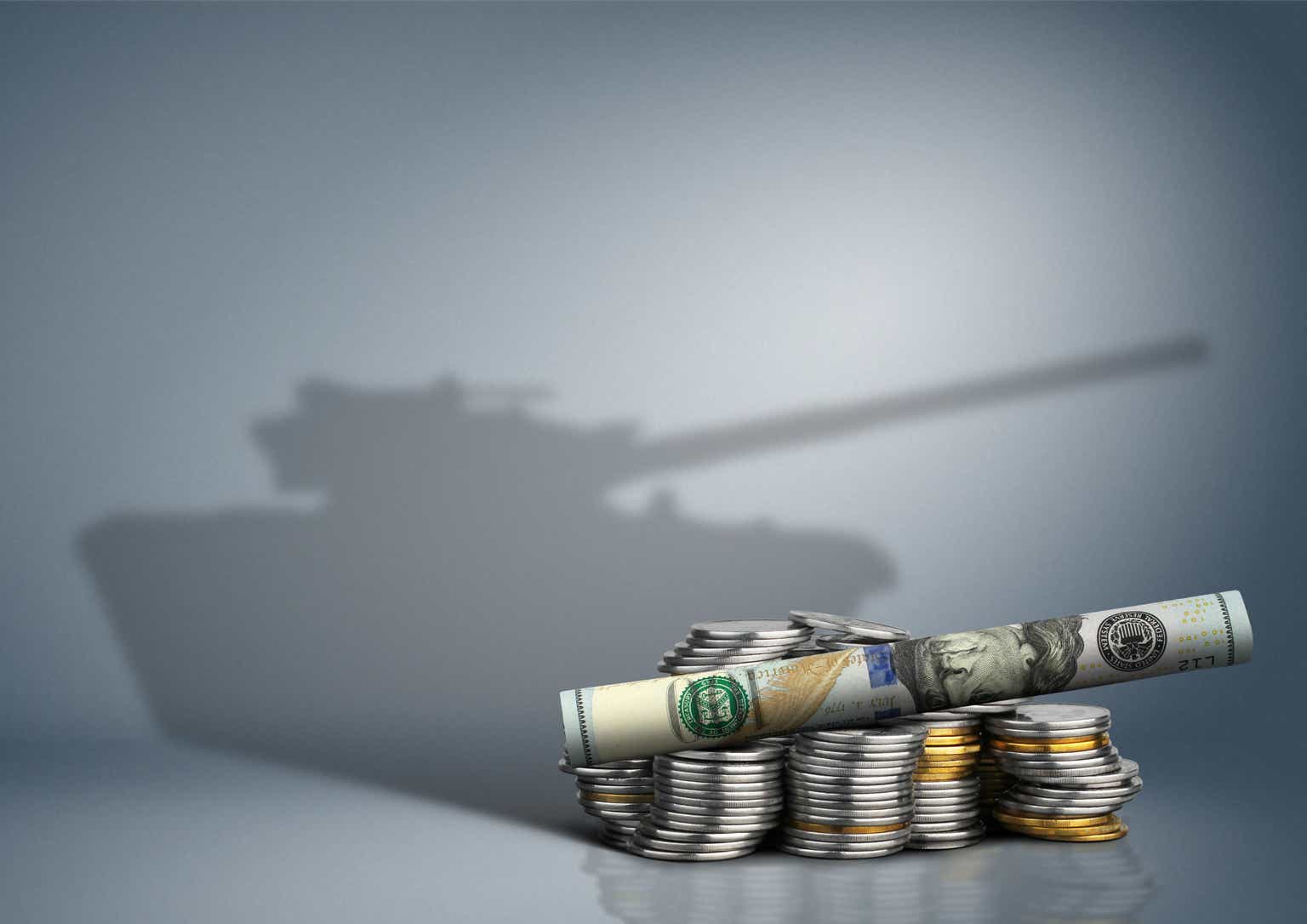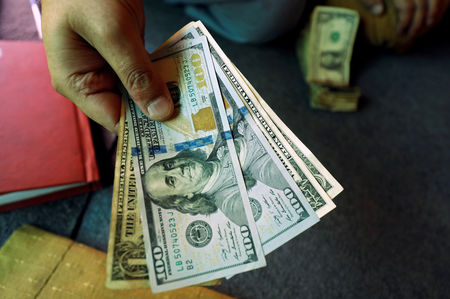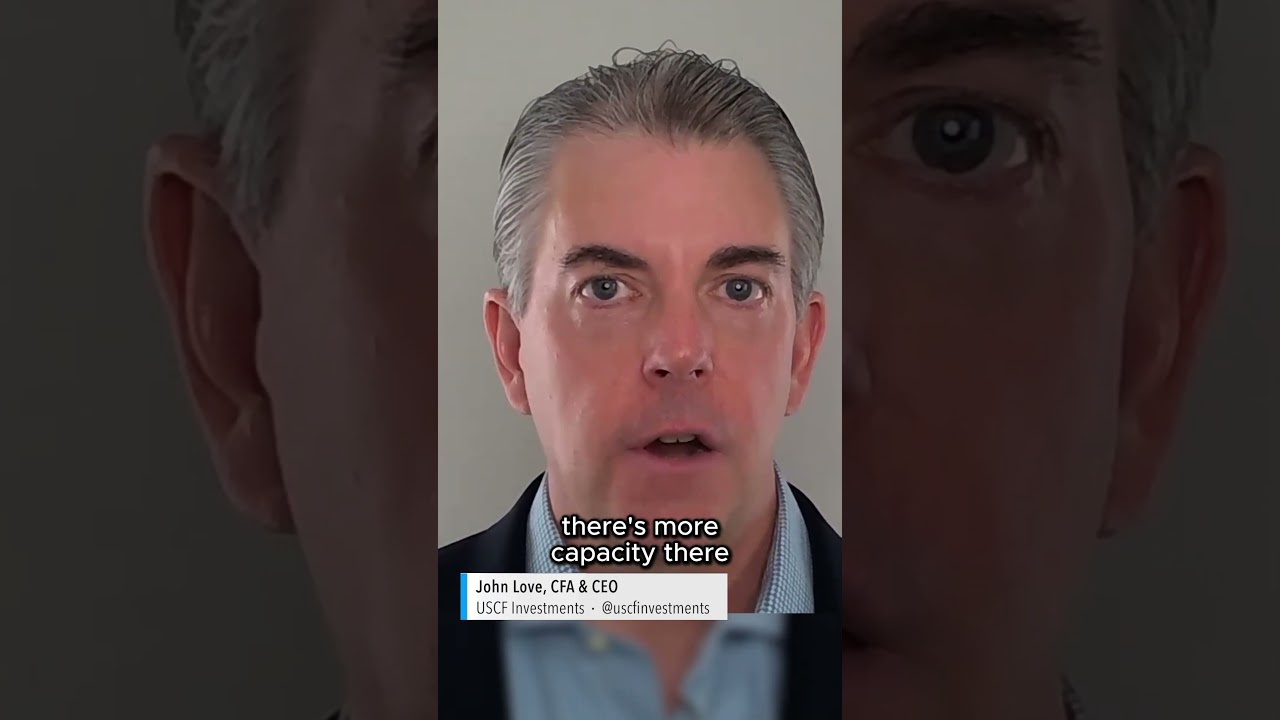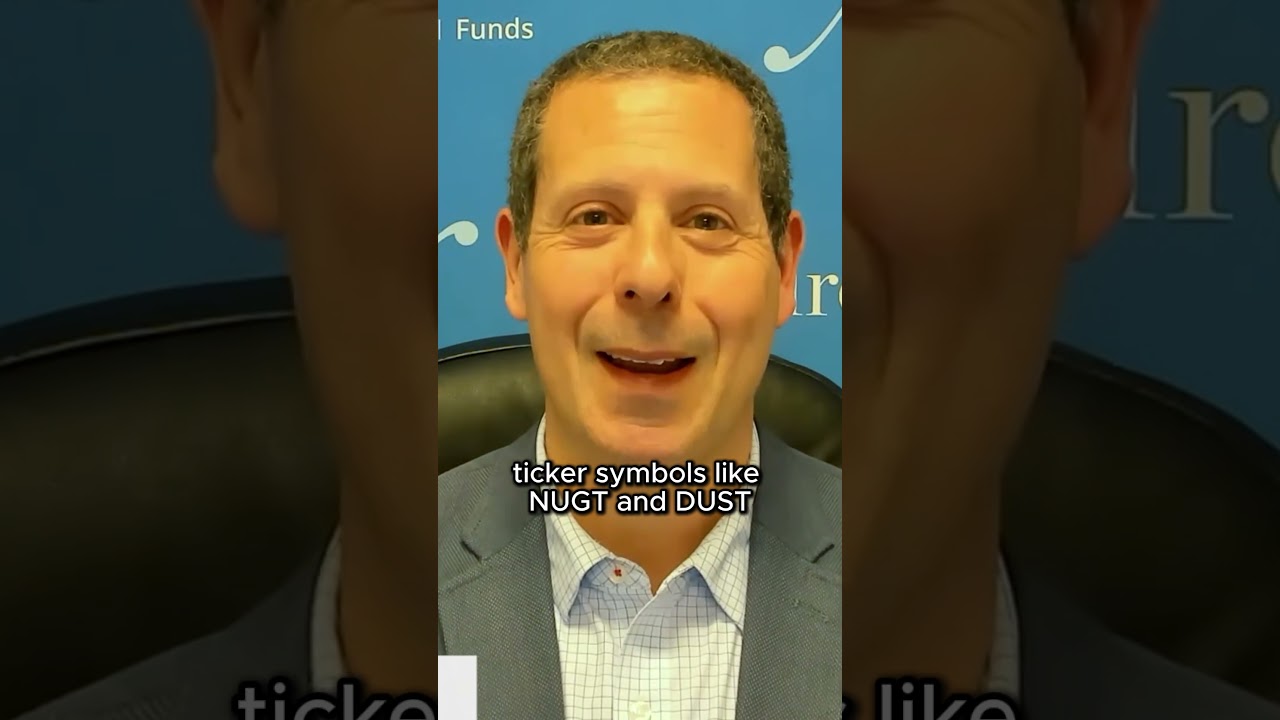From 8 Cards to 3 with a 650 Score: A Strategy for Streamlining Your Wallet
There are some credit card users who limit themselves to a single card, while other people might have 10 or 12 credit cards they use on a regular basis. And there are pros and cons to both strategies. In this Reddit post, we have someone with eight credit cards who’s looking to pare down to […] The post From 8 Cards to 3 with a 650 Score: A Strategy for Streamlining Your Wallet appeared first on 24/7 Wall St..

Key Points
-
A Reddit user with eight credit cards is looking to cut down.
-
Getting rid of credit cards won’t necessarily help your credit score improve.
-
It’s not a bad thing to streamline your credit cards, but also understand what it takes to boost your credit score.
- Did you know some credit cards can actually help you get OUT of debt faster? The secret: using a card with a ‘0% Intro APR‘ period (not all do, but theses ones are top picks from the editors at FinanceBuzz). The math is straight forward, and can save you hundreds, thousands, even tens of thousands of dollars if used correctly. Find the right card for you by clicking here.
There are some credit card users who limit themselves to a single card, while other people might have 10 or 12 credit cards they use on a regular basis. And there are pros and cons to both strategies.
In this Reddit post, we have someone with eight credit cards who’s looking to pare down to just three. They have a 650 credit score which is good but not outstanding. And they’re hoping that streamlining their wallet will help their credit score improve.
It’s a good idea to consider closing some credit cards in a situation like this. But the poster should know that doing that won’t necessarily lead to a credit score boost.
Why closing credit cards won’t necessarily help your credit score
There are a number of factors that go into your credit score calculation, and a big one is credit utilization. That measures the amount of credit you’re using relative to the total amount of revolving credit you have.
As an example, say you have six credit cards with a total limit of $20,000. If you owe $5,000 across those six cards, you’re at 25% utilization.
That’s actually not bad at all. Generally speaking, a credit utilization rate of 30% or less is favorable for your credit score.
Now, let’s get back to unloading some credit cards. It’s not a bad idea if you’re worried about overspending or losing track of your various cards.
But one thing that might happen when you close out credit cards is that your credit utilization climbs and your credit score decreases. That’s because you’ll be lowering your total credit limit, which could drive your utilization up.
So let’s go back to our example. Imagine you have six credit cards but decide you only want three, so you close the other three. By doing so, you might shrink your total credit limit to $10,000. Now, your $5,000 balance gives you a 50% utilization rate, which isn’t wonderful.
Another thing to be careful of is that the length of your credit history also plays a role in calculating your credit score. If you cancel a credit card you’ve had for a long time, you could lower the average length of your open accounts, causing your credit score to take a hit.
The smart way to unload credit cards
Going from eight credit cards to three isn’t necessarily a poor choice for this poster — as long as they go about it strategically. And the same applies to you if you’re looking to reduce the number of credit cards you have.
To decide which credit cards to get rid of versus keep, go through your stack and ask these questions for each one:
- How long have I had the account? If it’s a long-standing account, you may want to keep it to preserve your credit score.
- Is there an annual fee? If there’s no fee, you may want to keep the account if the card has a big credit limit.
- What’s the limit on this account? If it’s not very high, getting rid of it may not raise your credit utilization so much.
- What are the perks? You may want to keep a credit card with a fantastic rewards program and dump one whose rewards program is lacking, unless there’s another reason to maintain it.
- What’s the APR? You never know when you might need to fall back on a credit card in an emergency. It’s a good idea to keep a card that has a much lower APR than the others.
Answering these questions could help you shed a few credit cards. And remember, if it turns out that a certain card of yours is worth keeping but doesn’t necessarily have a great rewards program, you don’t have to use it a lot.
In that case, pick a small recurring charge and set it to autopay on that card. Then, set that bill to autopay out of your checking account so you can keep the card in good standing.
For example, if you have a $16 streaming bill you pay every month, that’s a good recurring charge to put on a credit card you want to keep but don’t get much out of in terms of rewards. You’re not giving up too many points or too much cash back with a monthly $16 charge. But if the credit card is one you’ve had for a long time or one that comes with a generous credit limit, keeping it could help your credit score improve or stay in good shape.
The post From 8 Cards to 3 with a 650 Score: A Strategy for Streamlining Your Wallet appeared first on 24/7 Wall St..







